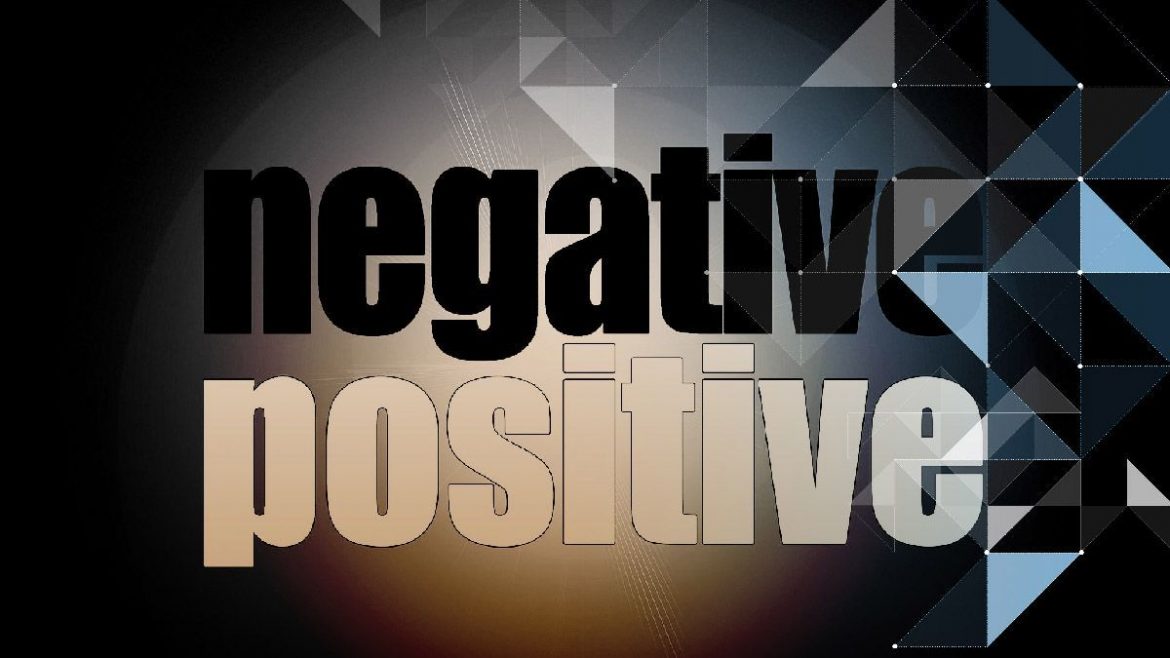Did you know that there are over 250 decentralized exchanges in the world? In the last few years, the decentralized exchanges, more commonly referred to as DEX, has gained in popularity and they are making huge strides in safety protocols and shoring up the foundation from which they are built. But are they really as decentralized as they claim? Challenges like slow rate of adoption is getting resolved as crypto becomes more mainstream, and the biggest issue, scalability, is currently a main focus to accommodate the rate of adoption. These are great things as we move into the new generation of money, but there is a dichotomy of DEX that we are going to delve in to.
Why a Decentralized Exchange?
Most of the new decentralized exchanges have been launched by previously centralized exchanges. And while they claim there is really no central authority that can influence its operating authority, the reality is that one entity built the infrastructure and encouraged other operators to adopt its protocols, regulatory framework, and security guidelines.
In the aftermath of the ICOs, the new bauble is the Initial Exchange Offering (IEO), which has prompted a slew of new exchanges to pop up and crowd the space with some good and some weak exchanges. Indeed, the race is on to grab an investor’s attention to use their DEX. Unfortunately, new investors and the curious crypto newbie don’t know the core difference between the exchanges.
It’s important to note that a core ideal for decentralized exchanges is to increase security to prevent hacks, breaches to account, and safe storage of user funds. You’ve seen the news about ransomware and high profile cases of millions of dollars being stolen from seemingly safe centralized systems. With decentralization, their safety protocols are difficult to nearly impossible for bad actors to penetrate.
Why DEX has an edge
By allowing users to swap between different types of crypto assets without giving up control of their wallets, decentralized exchanges have taken security one step beyond centralized exchanges.
Though there is a constant debate about whether these exchanges are completely decentralized, one pitfall that’s been observed with a purely decentralized system is the inability to support smooth transaction processing. This could be for a number of reasons, but most exchange projects are mixing the best of both worlds to design a better, smoother overall user experience.
Why a DEX can never really be decentralized
In the recent past, users of exchanges that call themselves decentralized have realized that a DEX with centralized hosting is not the best solution. This is because an entity that uses a centralized hosting platform is very susceptible to malicious attacks and hacks. To be truly decentralized, all aspects of the exchange, from software, data storage and network servers must operate on a decentralized platform so that if one network is attacked, the compute power of the decentralized network quarantines that node and continues to operate unscathed.
DEX operating with centralized hosting are subject to regulation by the SEC and other regulatory authorities. Marketing an exchange as decentralized has become the new trend, as that garners media attention and brings users to the platform. Is it because it’s the shiny new thing? That is subjective and open to speculation. The bottom line is that for an exchange to be decentralized it must break away from centralized operations and hosting.
Challenges of running a DEX
Something as innovative and complex as a DEX obviously come with its fair share of challenges, so let’s explore what some of them are.
To lessen operating costs, processing time, and transaction fees, a lot of DEXs perform transactions off-chain, but the final group settlement is then marked on the blockchain in the immutable ledger. This raises a critical question: Is this practice truly utilizing the blockchain as it was intended? If the point of harnessing blockchain technology is somewhat circumvented, are transactions truly secure and logged on decentralized network?
For cryptocurrency, settling transactions off the blockchain solves the issue of gas costs and network resources by grouping potentially millions of micro transactions into one larger transaction, but at the same time it eliminates the trustlessness of a DEX. The front end of instant transactions is great for retailers and consumers who don’t have time to wait for the network consensus, so for convenience, it’s easy to overlook the fact that this transaction has been finalized right then and there. This practice is a bandage, not a cure.
We can conclude from our observation that if a DEX is truly going to be decentralized, there is a lot more innovation and work to be done. An exchange lives and breathes by how fast and secure they can process transactions. They are moving at the speed of the market and volume is everything.
The operating cost of running a server, or multiple servers to stabilize a DEX has to be come from somewhere. The average Joe probably doesn’t have the resources or the technical knowledge to maintain one and mine, or benefit from a smart contract agreement. It’s also possible that side chains are operating in parallel to the underlying blockchain to help fight against security vulnerabilities.
Still being in the early stages of development, a DEX might not really be a DEX but rather a hybrid exchange in order to gain consumer trust through atomic swaps. Major players in the space like Stellar are breaking ground with such developments but the DEX, as we know it today, still remains a dichotomy.
Disclaimer
Content provided by CryptoTraderNews is for informational purposes only, and should not be construed as legal, tax, investment, financial, or other advice. All information is of a general nature. As always, there is risk with any investment. In exchange for using our products and services, you agree not to hold CryptoTraderNews Pro, its affiliates, or any third party service provider liable for any possible claim for damages arising from decisions you make based on information made available to you through our services.
